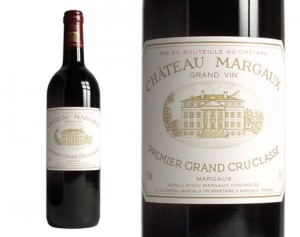Link:https://www.vista.ubc.ca/webct/urw/lc5116011.tp0/cobaltMainFrame.dowebct
 While I certainly agree with Mr. Todd on the point that marketing is in indeed a valid strategy that more or less fools the eyes of the general consumers, I tend to question the notion that the quality of that marketed product itself sometimes isn’t always better. For one, if Lamborghini didn’t establish a name for itself as a manufacturer of high quality, luxury cars, then no matter how flamboyant its advertisements are, its products would fail miserably. Precisely because Lamborghini’s delicate position as a producer of top-end, sporting vehicles, its products would meet the niche demands regardless of quality.
While I certainly agree with Mr. Todd on the point that marketing is in indeed a valid strategy that more or less fools the eyes of the general consumers, I tend to question the notion that the quality of that marketed product itself sometimes isn’t always better. For one, if Lamborghini didn’t establish a name for itself as a manufacturer of high quality, luxury cars, then no matter how flamboyant its advertisements are, its products would fail miserably. Precisely because Lamborghini’s delicate position as a producer of top-end, sporting vehicles, its products would meet the niche demands regardless of quality.
In addition, the wine-tasting methodology of enforcing the point that the difference between two products is often only advertisement fails to take into the account of the experts’ opinions. To an ordinary person, who neither has knowledge or is trained in the art, a bottle of $20 cheap local wine probably doesn’t differ much in taste from a Bordeaux Chateau Margaux. However, any half-decent wine connoisseur will give an in-depth explanation of why the Chateau Margaux is much better. Is the difference worth the extra $580? Maybe not, but it certainly goes to show that it is not just marketing that separates the two products.
Images courtesy of http://www.thesupercars.org/wp-content/uploads/2007/11/lamborghini-reventon-on-the-road.jpg, and http://winery.synthasite.com/resources/chateau_margaux.jpg?timestamp=1287413352880, in order of precedence.

